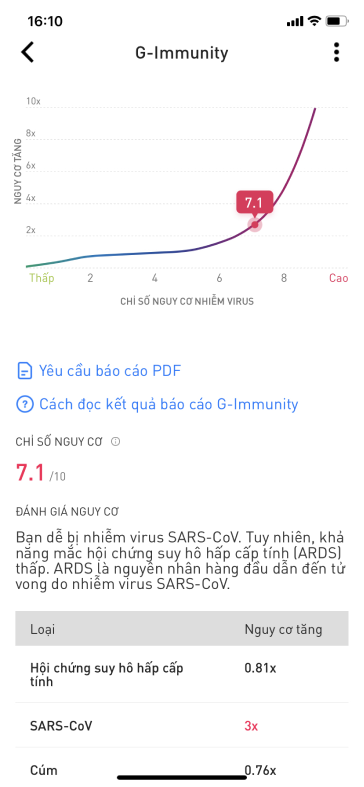Genetic variants associated with vitamin B12

Researchers at the Harvard School of Public Health (HSPH) and their collaborators at Tufts University and the National Cancer Institute (NCI) have identified a common genetic influence on B12 vitamin levels in the blood, suggesting a new way to approach the biological connections between an important biochemical variable and deficiency-related diseases. This paper found more common variations of a gene that has a much smaller effect by itself, but it may belong to an important biological pathway whose careful study may lead to clinically useful strategies and therapeutic intervention.
The researchers first found the gene, called FUT2, in a genome-wide scan of 1,658 women of European ancestry who participated in the Cancer Genetic Markers of Susceptibility (CGEMS) project. They replicated the findings in another 1,059 women from the Nurses’ Health Study.
Other studies have linked B12 deficiency with pernicious anemia, cardiovascular disease, cancer, and neurodegenerative disorders. Lower B12 levels have been associated with cognitive impairment. A key player in the B-vitamin pathway, B12 helps maintain healthy nerve cells, form red blood cells, and synthesize DNA.
In the diet, B12 comes from meat, fish, dairy, other animal products, and fortified breakfast cereals. As many as one-quarter of the elderly may have mild B12 deficiency. Strict vegetarians, who avoid meat, and vegans, who avoid all animal products, are also at risk of B12 deficiency.
Anything in the stomach that affects the normal acidity and digestive processes, ranging from infections to acid reflux medicine to aging, may also interfere with B12 absorption, studies suggest. B12 is first separated from food by stomach acid and then escorted from there by a protein called intrinsic factor to the small intestine, where the complex is absorbed and B12 is released into the blood.
Until further studies are conducted, the most plausible explanation is the potential preventive effect of the gene variant on factors known to cause B12 malabsorption, such as H. pylori infection, the researchers say.
Hazra and her colleagues had been investigating the genetic and epigenetic links between colorectal cancer and adenoma and the B-vitamin pathway, also known as the one-carbon metabolism pathway, including folate, vitamins B6 and B12, and homocysteine. Ultimately, she hopes to identify different gene variants that work together and create a nutrigenomics predictor score to assist in future individual cancer prevention strategies.
In the study, the FUT2 genetic variant accounted for about three percent of the variation in B12 plasma levels, Hazra said. The researchers do not have direct evidence that people who carry the gene variant suffer from any cognitive or other adverse affects of low B12 levels.
Reference: https://www.hsph.harvard.edu/news/press-releases/genetic-variants-associated-vitamin-b12/
























